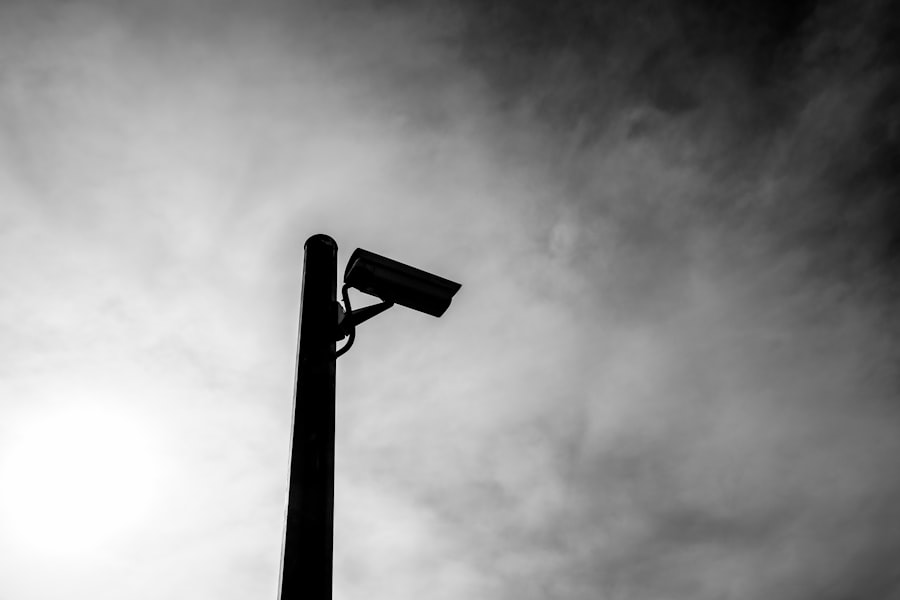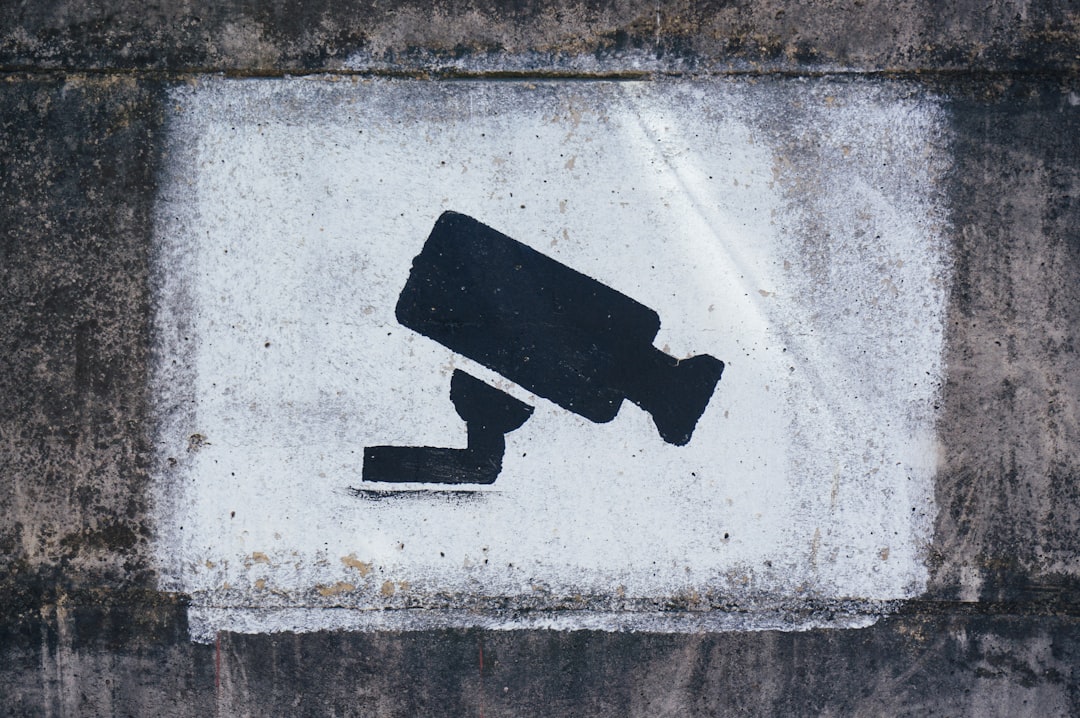Whistleblower protection laws serve as a critical framework designed to safeguard individuals who expose wrongdoing within organizations, particularly in sectors where public safety and compliance are paramount. These laws aim to encourage transparency and accountability by providing legal safeguards for those who report unethical or illegal activities. In the utility industry, where the stakes are high and the potential for harm is significant, these protections become even more essential.
The existence of such laws not only empowers employees to speak out against malpractices but also fosters a culture of integrity within organizations. The evolution of whistleblower protection laws has been shaped by numerous high-profile cases that have highlighted the need for robust mechanisms to protect those who come forward. From corporate fraud to environmental violations, whistleblowers have played a pivotal role in bringing critical issues to light.
As society increasingly recognizes the importance of ethical conduct in business practices, the legal frameworks surrounding whistleblower protections continue to evolve, aiming to create a safer environment for those willing to take a stand against wrongdoing.
Key Takeaways
- Whistleblower protection laws are essential for encouraging reporting of violations in the utility industry.
- Whistleblowers play a critical role in ensuring compliance with complex utility laws and regulations.
- The utility sector faces unique challenges that can deter whistleblowers from coming forward.
- Legal frameworks and reporting mechanisms are in place to safeguard whistleblowers from retaliation.
- Strengthening whistleblower protections is vital for maintaining transparency and accountability in utilities.
Understanding the Importance of Whistleblower Protections
The significance of whistleblower protections cannot be overstated, particularly in industries where public trust is paramount. These protections serve as a vital deterrent against corruption and malpractice, ensuring that individuals feel secure in reporting misconduct without fear of retaliation. In the utility sector, where companies manage essential services such as electricity, water, and gas, the implications of unethical behavior can be dire.
Whistleblower protections not only encourage employees to report violations but also help maintain the integrity of the industry as a whole. Moreover, whistleblower protections contribute to a culture of accountability within organizations. When employees know that their voices will be heard and that they are shielded from potential repercussions, they are more likely to report issues that could compromise safety or compliance.
This proactive approach not only benefits the organization by identifying problems early but also protects consumers and the environment from potential harm. In essence, strong whistleblower protections are foundational to fostering an ethical workplace and ensuring that utility companies operate within the bounds of the law.
Overview of Utility Laws and Regulations

Utility laws and regulations are designed to govern the operations of companies that provide essential services to the public. These laws encompass a wide range of issues, including safety standards, environmental regulations, and consumer protection measures. Regulatory bodies at both state and federal levels oversee these laws, ensuring that utility companies adhere to established guidelines that promote public welfare.
The complexity of these regulations reflects the critical nature of utility services and the potential consequences of non-compliance. In addition to safety and environmental concerns, utility regulations often address pricing structures, service reliability, and infrastructure maintenance. These laws are intended to protect consumers from unfair practices while ensuring that utility companies can operate sustainably and profitably.
As such, understanding the intricacies of utility laws is essential for employees within these organizations, particularly those who may consider reporting violations. Knowledge of these regulations not only empowers whistleblowers but also underscores the importance of compliance in maintaining public trust.
Challenges Faced by Whistleblowers in the Utility Industry
| Challenge | Description | Impact on Whistleblowers | Frequency |
|---|---|---|---|
| Retaliation | Whistleblowers often face retaliation such as demotion, harassment, or termination. | High stress, job loss, and career setbacks. | High |
| Lack of Anonymity | Difficulty in maintaining anonymity due to small industry size and internal investigations. | Fear of exposure and personal safety concerns. | Moderate |
| Legal Challenges | Complex legal processes and insufficient legal protection for whistleblowers. | Discourages reporting and increases financial burden. | Moderate |
| Organizational Culture | Culture of silence and discouragement of reporting unethical behavior. | Isolation and lack of support within the workplace. | High |
| Financial Hardship | Loss of income and legal costs associated with whistleblowing. | Economic instability and stress. | Moderate |
| Emotional and Psychological Stress | Stress from fear of retaliation, isolation, and uncertainty. | Mental health issues such as anxiety and depression. | High |
| Insufficient Reporting Mechanisms | Lack of clear, accessible channels for reporting misconduct. | Underreporting of issues and unresolved problems. | Moderate |
Despite the existence of whistleblower protection laws, individuals in the utility industry often face significant challenges when considering whether to report misconduct. One of the primary obstacles is the fear of retaliation from employers. Whistleblowers may worry about losing their jobs, facing harassment, or being ostracized by colleagues.
This fear can be particularly pronounced in industries like utilities, where close-knit work environments may discourage dissenting voices. The potential for personal and professional repercussions can deter even the most principled individuals from coming forward. Additionally, the complexity of utility regulations can create confusion for potential whistleblowers.
Employees may struggle to understand what constitutes a violation worthy of reporting or may be uncertain about the appropriate channels for doing so. This lack of clarity can lead to hesitation or inaction, ultimately allowing unethical practices to persist unchecked. Furthermore, whistleblowers may encounter bureaucratic hurdles when attempting to report issues, which can further complicate their efforts and discourage them from pursuing their claims.
The Role of Whistleblowers in Ensuring Compliance with Utility Laws
Whistleblowers play an indispensable role in ensuring compliance with utility laws and regulations. By bringing attention to violations or unethical practices, they help organizations identify areas for improvement and rectify issues before they escalate into larger problems. In many cases, whistleblowers serve as the first line of defense against misconduct, providing critical information that regulatory bodies may not otherwise uncover.
Their insights can lead to investigations that result in corrective actions, fines, or even criminal charges against wrongdoers. Moreover, whistleblowers contribute to a culture of compliance within their organizations. When employees see that their colleagues are willing to speak out against wrongdoing, it can inspire others to do the same.
This collective commitment to ethical behavior reinforces the importance of adhering to regulations and fosters an environment where accountability is prioritized. Ultimately, whistleblowers not only protect their organizations but also serve as advocates for public safety and welfare in the utility sector.
Legal Protections for Whistleblowers in the Utility Industry

Legal protections for whistleblowers in the utility industry are designed to shield individuals from retaliation when they report violations or misconduct. These protections vary by jurisdiction but generally include provisions that prohibit employers from taking adverse actions against employees who engage in whistleblowing activities. Such actions may include termination, demotion, or harassment based on an employee’s decision to report wrongdoing.
The legal framework aims to create a safe space for individuals to voice their concerns without fear of retribution. In addition to federal protections provided by laws such as the Whistleblower Protection Act, many states have enacted their own statutes that offer additional safeguards for whistleblowers in specific industries, including utilities. These state-level laws often provide mechanisms for reporting violations and outline processes for investigating claims of retaliation.
By establishing clear legal protections, lawmakers aim to encourage individuals within the utility sector to come forward with information about misconduct while ensuring that they are treated fairly throughout the process.
Reporting Mechanisms for Whistleblowers in the Utility Sector
Effective reporting mechanisms are crucial for empowering whistleblowers in the utility sector. Organizations must establish clear channels through which employees can report concerns confidentially and safely. These mechanisms may include dedicated hotlines, online reporting systems, or designated personnel responsible for handling whistleblower claims.
By providing multiple avenues for reporting, organizations can ensure that employees feel comfortable coming forward with their concerns. Furthermore, it is essential for utility companies to promote awareness of these reporting mechanisms among their employees. Training programs and informational resources can help employees understand their rights as whistleblowers and familiarize them with the processes available for reporting misconduct.
When employees are informed about how to report issues effectively, they are more likely to take action when they witness wrongdoing, ultimately contributing to a culture of transparency and accountability within the organization.
Consequences for Retaliating Against Whistleblowers
Retaliation against whistleblowers can have serious consequences for organizations that fail to protect their employees’ rights. Legal repercussions may include lawsuits filed by aggrieved whistleblowers seeking damages for wrongful termination or other forms of retaliation. In addition to financial penalties, organizations may face reputational damage as news of retaliatory actions becomes public knowledge.
Such negative publicity can erode public trust and confidence in a utility company’s commitment to ethical practices. Moreover, retaliating against whistleblowers undermines the very principles that whistleblower protection laws seek to uphold: accountability and transparency. When organizations fail to support individuals who come forward with information about misconduct, it sends a chilling message to other employees who may be considering reporting similar issues.
This culture of fear can perpetuate unethical behavior within organizations and hinder efforts to ensure compliance with utility laws and regulations.
Recent Developments in Whistleblower Protection Laws for Utilities
Recent developments in whistleblower protection laws reflect an ongoing commitment to strengthening safeguards for individuals who expose wrongdoing in the utility sector. Legislative efforts at both federal and state levels have sought to enhance protections for whistleblowers by expanding definitions of protected activities and streamlining reporting processes. These changes aim to create a more supportive environment for individuals willing to come forward with information about violations or unethical practices.
Additionally, regulatory agencies have begun implementing more robust enforcement mechanisms to address retaliation against whistleblowers effectively. Increased scrutiny on organizations that fail to protect their employees has led to heightened awareness about the importance of fostering a culture of compliance within the utility industry. As lawmakers continue to refine these protections, it is clear that there is a growing recognition of the vital role that whistleblowers play in promoting accountability and transparency.
Best Practices for Protecting Whistleblowers in the Utility Industry
To effectively protect whistleblowers in the utility industry, organizations must adopt best practices that prioritize employee safety and encourage ethical behavior. First and foremost, establishing clear policies outlining protections for whistleblowers is essential. These policies should detail what constitutes protected activity, outline reporting procedures, and specify consequences for retaliation against individuals who come forward with concerns.
Training programs aimed at educating employees about their rights as whistleblowers can further enhance protection efforts. By fostering an environment where employees feel empowered to speak out without fear of repercussions, organizations can cultivate a culture of integrity that benefits both employees and consumers alike. Additionally, regular assessments of reporting mechanisms can help ensure they remain effective and accessible, allowing organizations to adapt as needed based on employee feedback.
The Need for Strong Whistleblower Protections in the Utility Sector
In conclusion, strong whistleblower protections are essential for fostering accountability and transparency within the utility sector. As individuals play a crucial role in exposing wrongdoing and ensuring compliance with laws and regulations, it is imperative that organizations prioritize their safety and well-being. By implementing robust legal protections, effective reporting mechanisms, and comprehensive training programs, utility companies can create an environment where employees feel empowered to speak out against unethical practices.
The ongoing evolution of whistleblower protection laws reflects society’s growing recognition of the importance of ethical conduct in business practices. As regulatory frameworks continue to strengthen, it is vital for organizations within the utility industry to embrace these changes wholeheartedly. Ultimately, protecting whistleblowers not only safeguards individual rights but also enhances public trust in essential services that millions rely on every day.
These laws encourage transparency and accountability, ensuring that whistleblowers can report misconduct without fear of retaliation. For a deeper understanding of the implications and importance of these protections, you can read a related article on this topic at this link.
WATCH THIS! The Debt Trap: Why Private Equity Wants Your Power Company
FAQs
What are utility whistleblower protection laws?
Utility whistleblower protection laws are regulations designed to protect employees who report illegal, unethical, or unsafe practices within utility companies. These laws ensure that whistleblowers are safeguarded from retaliation such as termination, demotion, or harassment.
Who qualifies as a whistleblower under these laws?
A whistleblower is typically an employee, contractor, or sometimes a third party who reports wrongdoing related to utility operations, including fraud, safety violations, environmental hazards, or regulatory non-compliance.
What types of utilities are covered by these laws?
These laws generally cover utilities involved in electricity, water, gas, telecommunications, and sometimes waste management services, depending on the jurisdiction.
What protections do whistleblower laws provide?
Protections often include confidentiality of the whistleblower’s identity, protection from retaliation, the right to reinstatement if wrongfully terminated, and sometimes financial compensation or legal remedies.
How can a whistleblower report concerns safely?
Whistleblowers can report concerns internally through designated compliance officers or hotlines, or externally to government agencies such as the Occupational Safety and Health Administration (OSHA) or the Environmental Protection Agency (EPA), depending on the issue.
Are there time limits for reporting under whistleblower protection laws?
Yes, most laws impose specific time frames within which a whistleblower must file a complaint or report to be eligible for protection, often ranging from 30 days to several months after the alleged retaliation or wrongdoing.
What happens if a whistleblower faces retaliation?
If retaliation occurs, the whistleblower can file a complaint with the appropriate regulatory agency or pursue legal action. Agencies may investigate and impose penalties on the employer if retaliation is confirmed.
Do whistleblower protection laws vary by state or country?
Yes, the scope and specifics of whistleblower protection laws can vary significantly depending on the jurisdiction. Some states or countries have stronger protections and broader coverage than others.
Can whistleblowers receive financial rewards?
In some cases, particularly when reporting fraud or violations that result in financial recoveries, whistleblowers may be eligible for monetary rewards under laws like the False Claims Act or similar statutes.
Why are utility whistleblower protection laws important?
These laws encourage employees to report unsafe or illegal practices without fear, helping to maintain public safety, environmental protection, and regulatory compliance within essential utility services.
